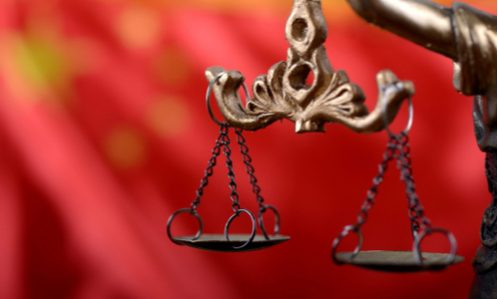China levied financial penalties amounting to 3.5 billion last year in its crackdown on anti-competitive behaviour mainly among the internet-based sector, according to a report issued by the country’s market regulator.
The State Administration for Market Regulation clamped down on 175 antitrust cases in 2021, a jump of 61.5 percent from a year earlier, the report said.
E-commerce behemoth Alibaba Group Holding was the biggest offender, receiving an eye-watering fine of CNY18.2 billion (USD2.7 billion) for its practice of imposing a ‘choose one out of two’ mandate, forcing vendors not to use other platforms. Meal delivery giant Meituan was penalized CNY3.4 billion (USD509.5 million) for similar offences.
The practice by internet giants of abusing their dominant position to elbow out the competition has all but ended in the platform economy now, the report said. Market order has greatly improved with small and medium-sized platform obtaining more room for growth.
SAMR also cracked down on unlawful mergers and acquisitions in the internet sector, targeting some 98 cases. Once again Tencent was in the firing line for failing to report the 2016 acquisition of two of the country’s biggest music streaming services Kuguo and Kuwo. The Shenzhen-based company was stripped of its exclusive copyrights to online music last July in the first instance of the anti-trust law being implemented since it came into effect in 2008.
The market watchdog also terminated the merger of two game-centric live-streaming platforms Huya and Douyu, both backed by Tencent, last year, after it ruled that the move would give Tencent too much control over the new entity. Again this was the first time that an excessive concentration of market power in China’s platform economy was banned.
Want more news? Subscribe to CPI’s free daily newsletter for more headlines and updates on antitrust developments around the world.

